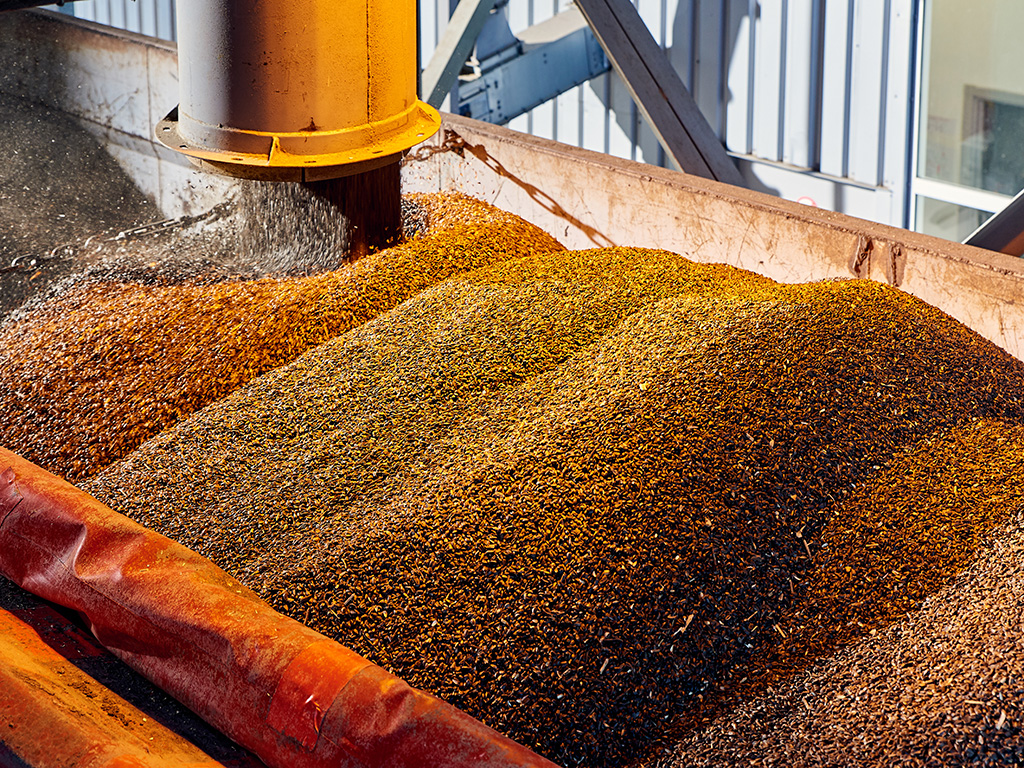Carbon emissions reduction through industry electrification

Credit: dvoinik/stock.adobe.com
A team of researchers has received federal support to pursue the development and implementation of a high-performance hybrid desiccant-wheel heat pump system. Their work could pave a path for the food and agriculture industry to operate on carbon-pollution-free electricity by 2035 and significantly lower energy consumption, carbon intensity and operation costs.
The $3 million project is one of 40 awarded by the U.S. Department of Energy (DOE) aimed at reducing industrial carbon pollution and moving the country toward a net-zero emissions economy by 2050 through the implementation of innovative technologies.
Dr. Zheng O’Neill, associate professor of mechanical engineering and J. Mike Walker ’66 Career Development Professor, leads the project.
“Carbon emissions reduction through industry electrification and decarbonization will help humans fight against climate changes,” said O’Neill, the associate director of the Energy Systems Laboratory at Texas A&M. “We envision achieving improved energy efficiency, guaranteed food quality and safety, increased throughput, and reduced fossil fuel use.”
O’Neill said the U.S. food and beverage industry alone, which employs nearly 2 million workers and ships almost a trillion dollars in products annually, is estimated to account for approximately 10% of all manufacturing energy use nationally. This does not even account for the post-harvest use of drying processes in the total food and agricultural sector.
The current standard for drying processes is energy-intensive, with nearly all the power supplied by direct or indirect fossil fuel use. O’Neill and her team are pursuing an innovative heat pump system integrating dehumidification, low-cost Internet of Things sensors, data assimilation, and model-free predictive controls to operate food dehydration processes intelligently and safely.
To achieve successful implementation, however, the researchers will need to expand on the capabilities of traditional heat pump technology to remove significant amounts of water effectively, a requirement of industrial drying. The research team will work to develop an updated design that holistically integrates the heat hump, dehumidification device and intelligent environmental controls.

